Monitoring the state of the olm in 2023
07/03/2024
The olm Proteus anguinus is a unique species, and the only true subterranean vertebrate of the Dinarides, representing exceptional natural wealth
In Krka National Park, the presence of the olm was discovered in 1989, and monitoring the state of its population began in 2012 through the project Proteus. It is a target species of the Natura 2000 site “Broader area of Krka National Park”. Monitoring conducted in speleological structures where the olm population is known confirmed that the population is stable.
In order to obtain better insight into the species distribution, during 2023, a survey was conducted to detect environmental DNA (eDNA). The results of the analysis of environmental DNA confirmed that this species is present in the spring systems of the Krka River downstream of the Miljacka spring, Torak spring, and the cave at Bilušića buk, thereby expanding the known distribution range of this species in the Park area.
The results indicate that this target species could be more widely distributed; however, it is difficult to find sites where this could be physically confirmed. Given the very small number of speleological structures containing water bodies in the Park, a better understanding of the species distribution is possible only through testing in connected cave systems outside the Park boundaries.
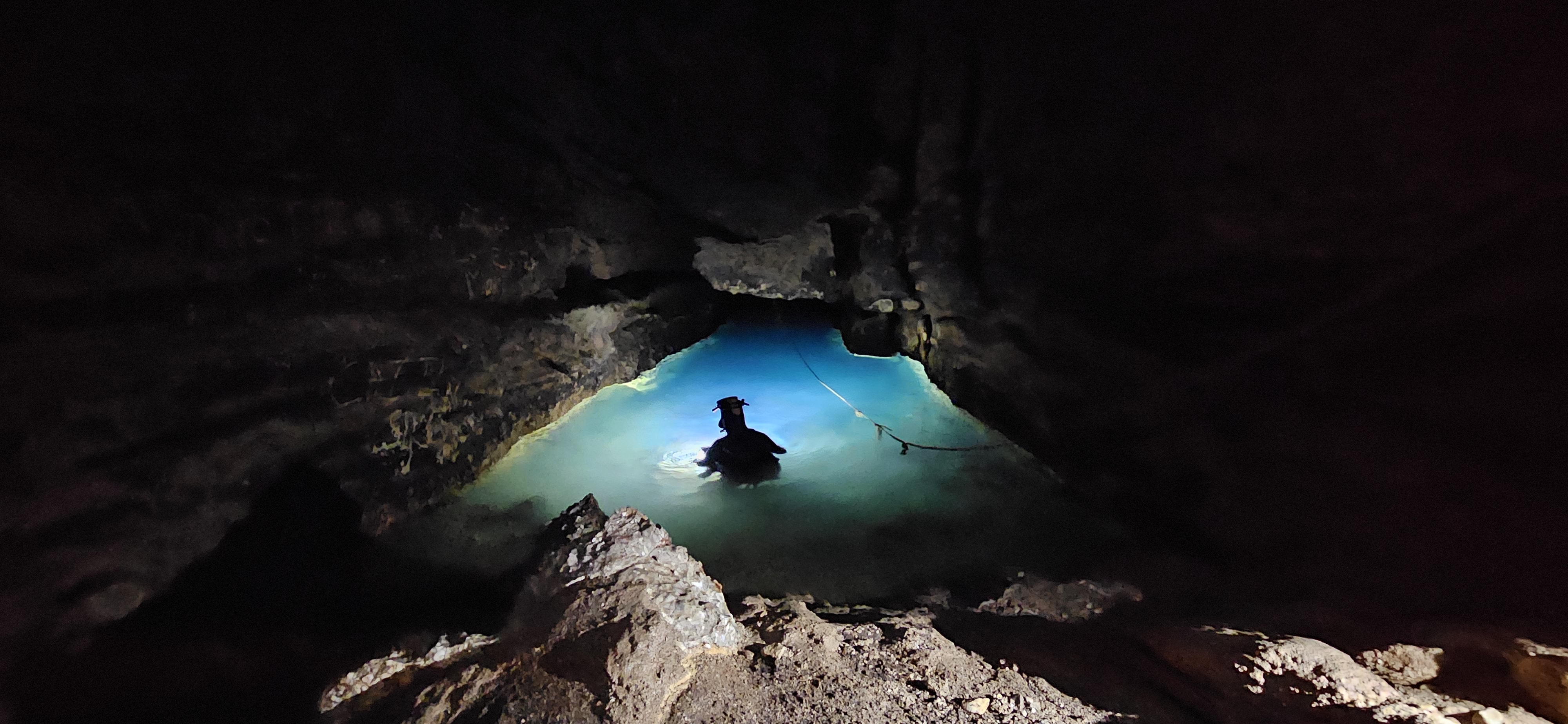
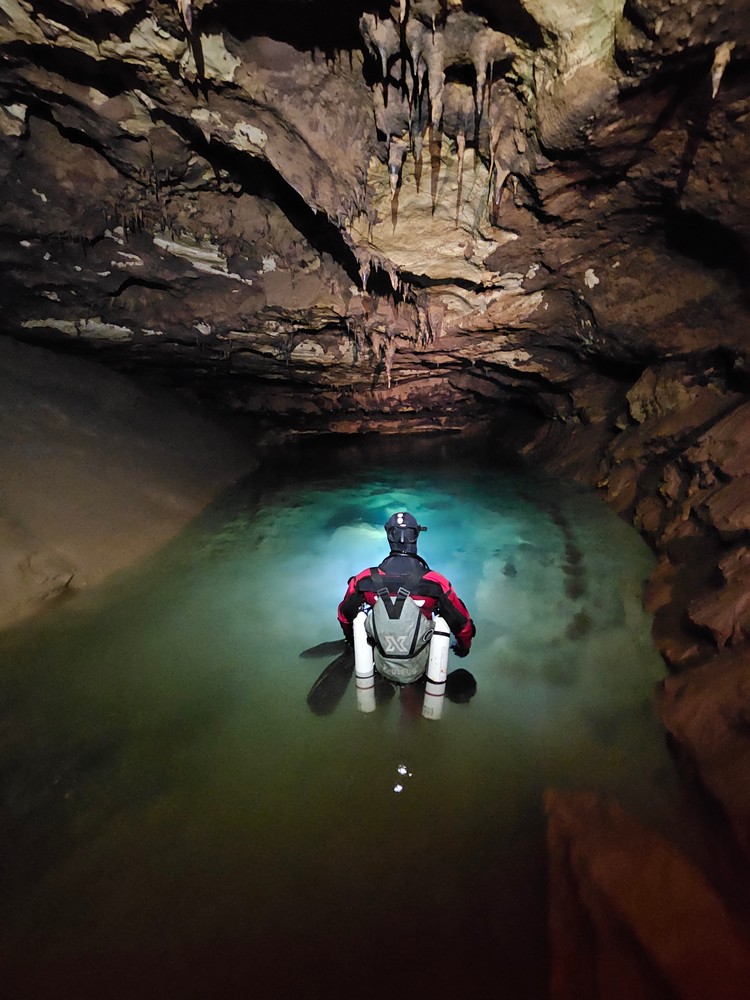
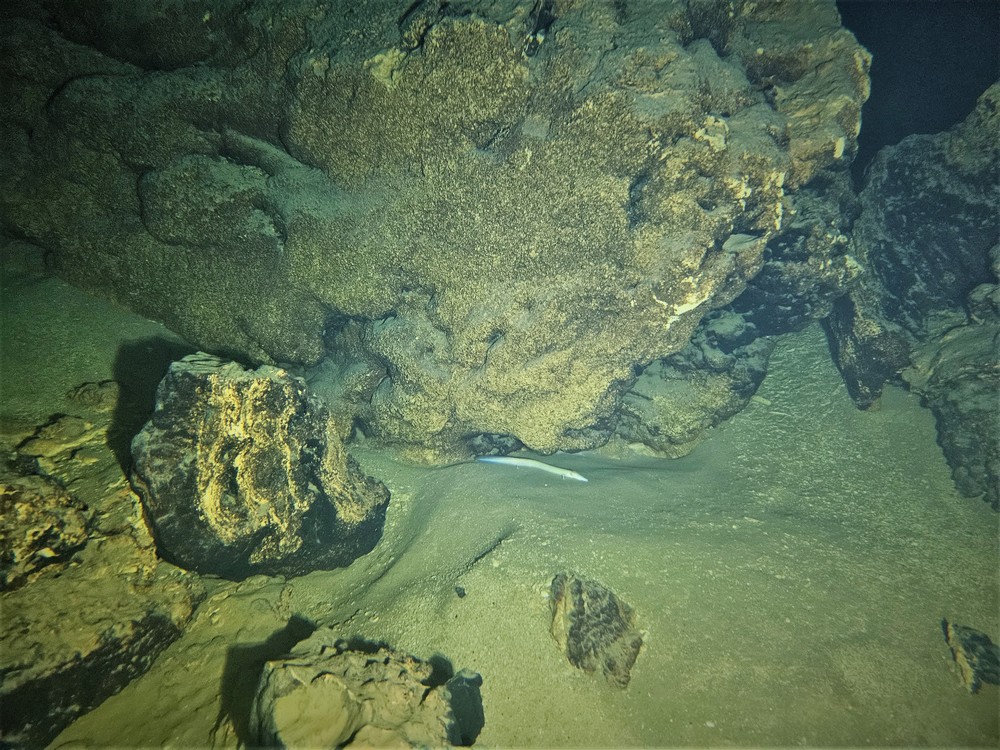
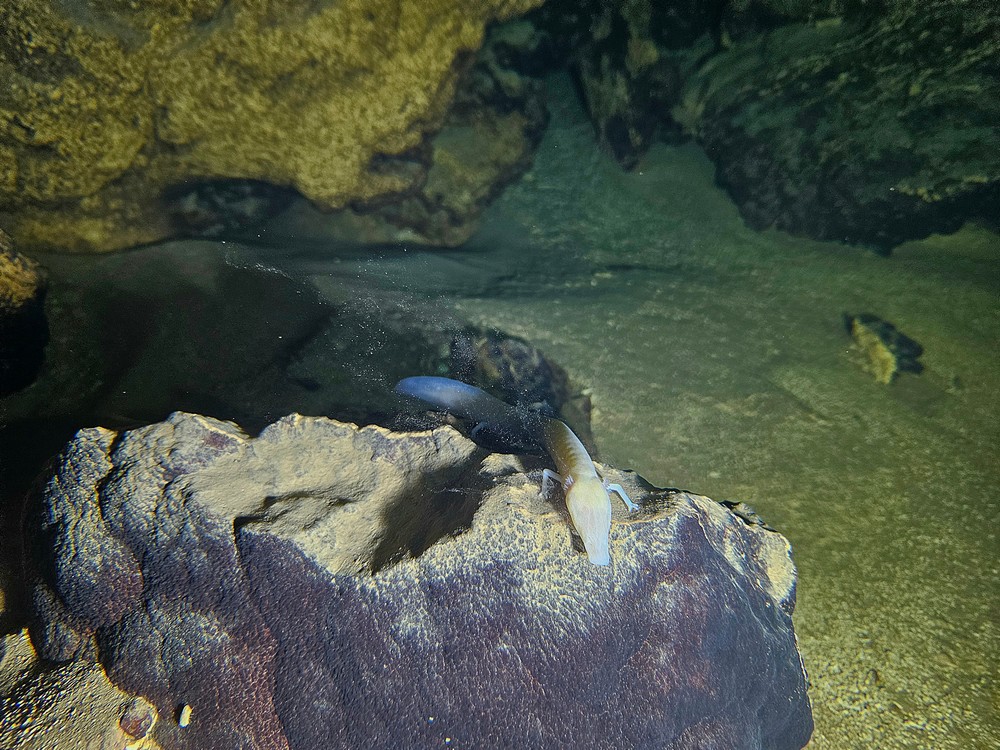
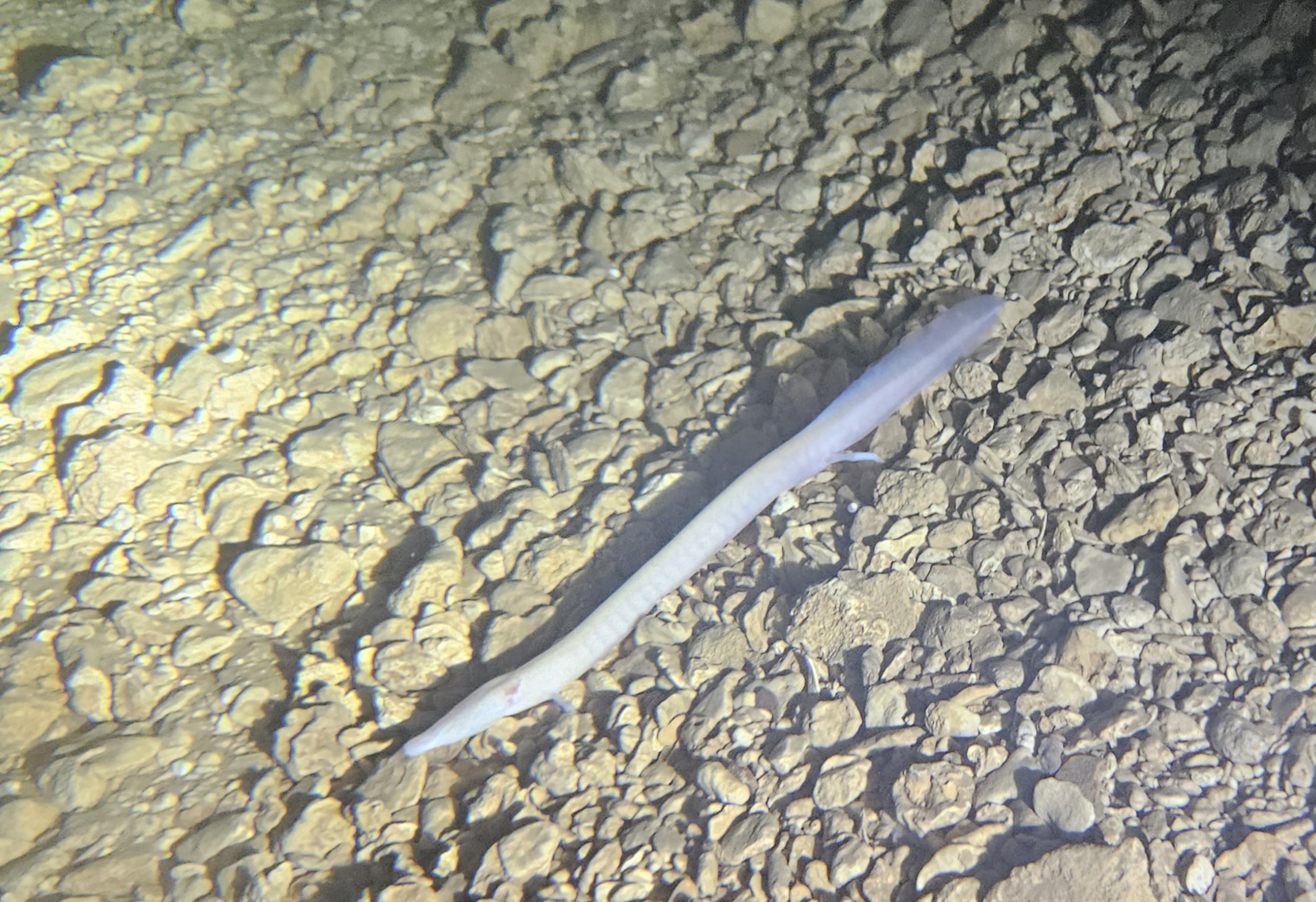
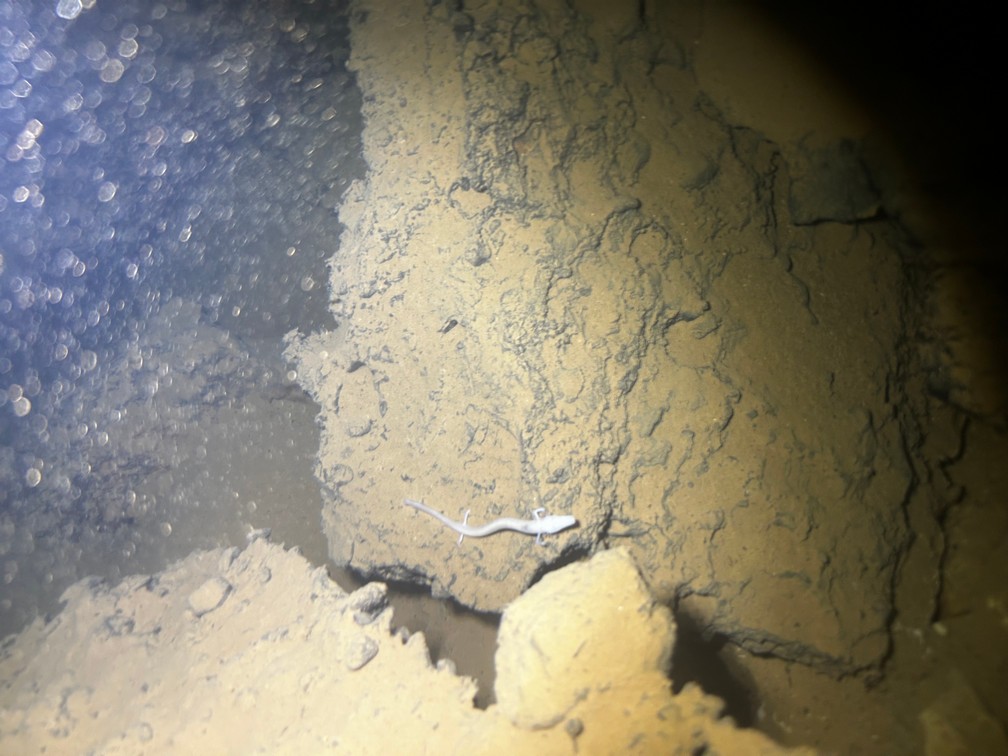
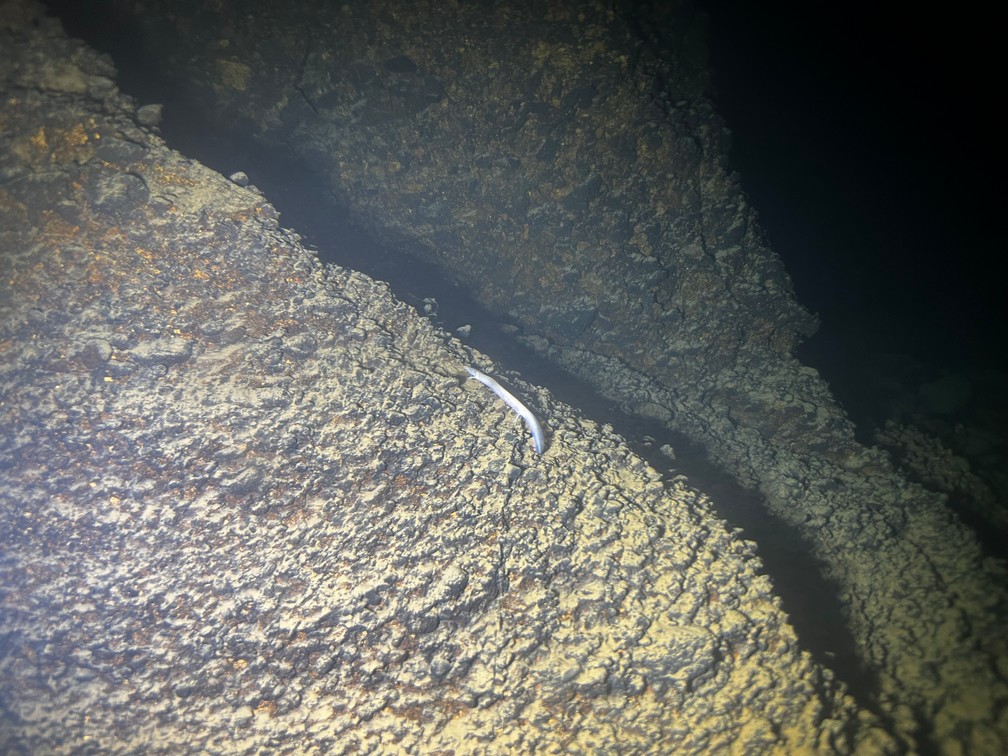
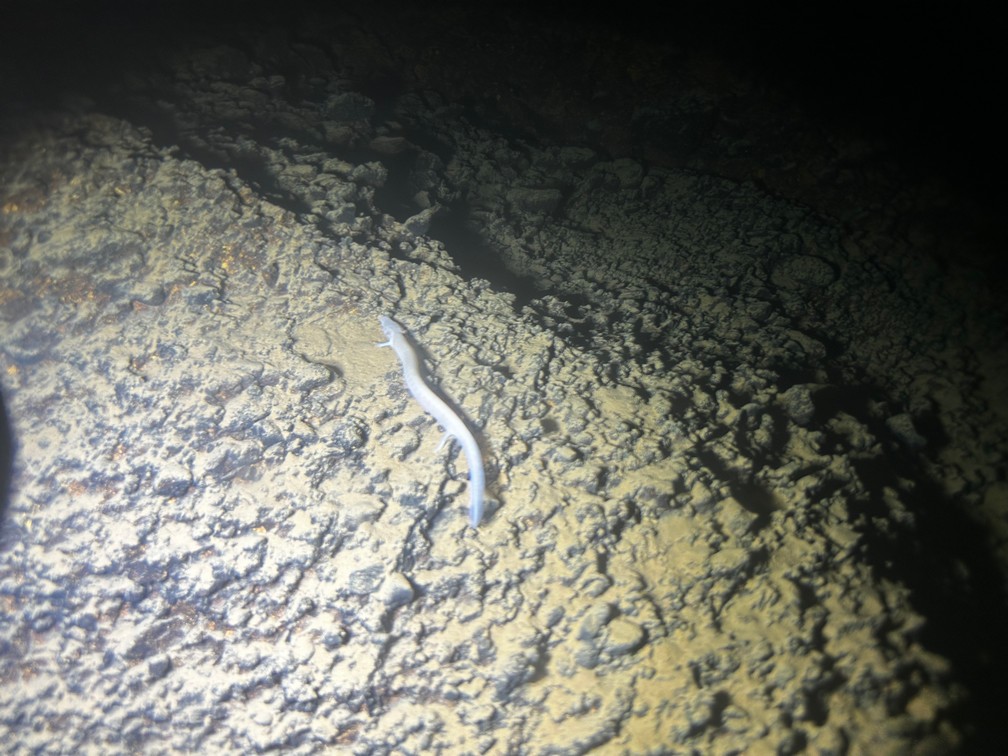
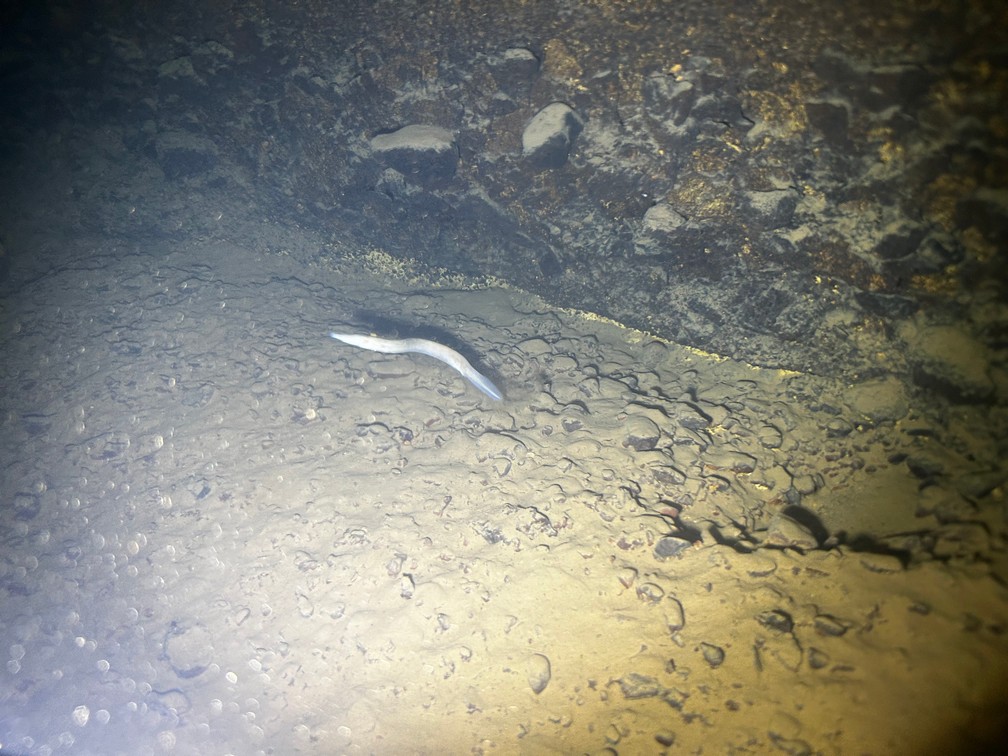
Monitoring
JOŠ NOVOSTI IZ KATEGORIJE
Praćenje gnijezdećih parova ušara (Bubo bubo) na području NP „Krka“ 2024. godine
Od 6. veljače do 15. ožujka 2024. godine na sedamnaest lokaliteta duž kanjona rijeka Krke i Čikole, tijekom dvadeset pet terenskih izlazaka u večernjim satima, za zalaska Sunca, osluškivan je pjev mužjaka sove ušare
Monitoring the conservation state of target habitat types: 91F0 – flooded mixed forests of Quercus robur, Ulmus leavis, Ulmus minor, Fraxinus angustifolia, and 9340 – evergreen holm oak forests (Quercus ilex)
In 2023, the company Prosilva d.o.o. performed research in the territory of Krka National park to determine the state of two Natura 2000 habitat types: 91F0 – flooded mixed forests of Quercus robur, Ulmus leavis, Ulmus minor, Fraxinus angustifolia, and 9340 – evergreen holm oak forests (Quercus ilex), and the measures required for their conservation
Monitoring the state and structure of representative forest communities in Krka National Park
The multi-year monitoring of the state of forest communities within Krka National Park continues
The winter census of waterbirds in the Krka National Park in 2024
This year as well, the Krka National Park joined the winter waterbirds census, the oldest and largest monitoring of biodiversity in the world, organised by Wetlands International, an international organisation for the protection of wetlands. It has taken place since 1967, and Croatia has participated in it since 1982.
